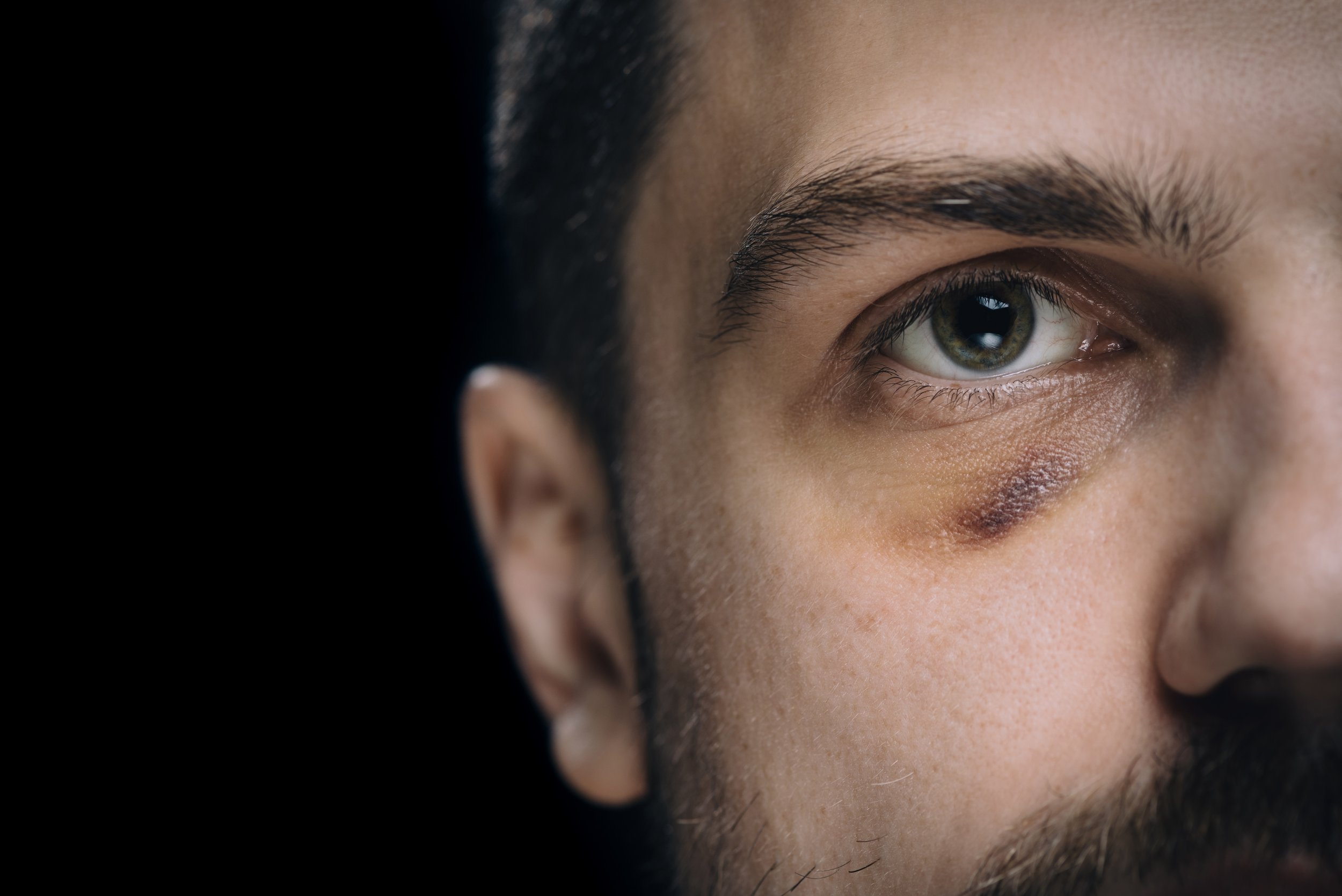Domestic Violence Against Men
Breaking the Stigma
Domestic violence is often associated with women as victims, but men can also experience abuse in their relationships. Unfortunately, due to societal stereotypes and misconceptions, male victims often suffer in silence, afraid to come forward. It's time to break down these barriers and shed light on the issue of domestic violence against men.
Understanding the Signs
Domestic violence against men can take many forms, including:
Physical abuse: Hitting, kicking, biting, or other forms of physical assault
Emotional abuse: Name-calling, belittling, gaslighting, or threats
Financial abuse: Controlling access to money, limiting employment opportunities, or preventing a partner from working
Sexual abuse: Forcing unwanted sexual activity or controlling sexual behavior
Why Men Don't Speak Out
There are several reasons why men may hesitate to report domestic violence:
Fear of stigma: Many men worry about being seen as weak or emasculated if they admit to being abused.
Shame: The feeling of shame can prevent men from seeking help or disclosing their experiences.
Lack of awareness: Some men may not realize that their experiences constitute domestic violence.
Fear of retaliation: Victims may fear for their safety or the safety of their loved ones if they report the abuse.
Seeking Help
If you or someone you know is experiencing domestic violence, it's important to know that help is available. There are many resources designed to support male victims, including:
National Domestic Violence Hotline: 1-800-799-7233
Local domestic violence shelters and organizations
Counseling and therapy services
Breaking the Cycle
By raising awareness about domestic violence against men, we can help break the cycle of abuse and create a safer environment for everyone. It's crucial to challenge harmful stereotypes and encourage victims to seek help. Together, we can work towards a future where domestic violence is no longer tolerated.
Remember, you are not alone.
